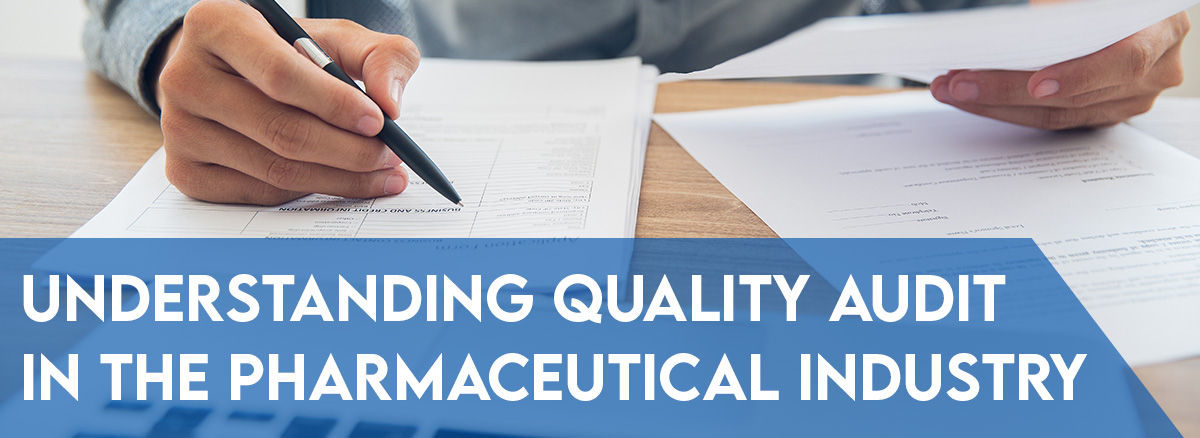What is Quality Audit in the Pharmaceutical Industry?
Auditing, in simple language, can be regarded as the inspection of some system or process to ensure that it is complying with the specific requirements of the intended use.
In the pharmaceutical company or industry, audits are regarded as virtual means of evaluating compliance with the specified objectives as defined in the dedicated quality system. As such, quality audits in the pharma sector pave a path of ensuring continuous improvement by offering relevant feedback to the management.
In the pharma industry, there are usually two types of audits that are conducted:
- Internal Audit: Also known as self-inspection, this type of audit is conducted within the industry or premises for monitoring the implementation as well as the respect of healthy manufacturing practices. It is also done to ensure prior information about the existing flaws in the system while taking necessary corrective and preventative steps in the direction.
- External Audit: This type of audit is carried out for the suppliers or outsourcing operations in the pharmaceutical industry. The industry or contract giver is responsible for accessing the overall competence of the contract supplier –the supplier or any other outsourcing operations, according to the GMP Audits guidelines.
Procedures for Carrying out an Audit in the Pharma Industry
It is compulsory that there should be the presence of a well-defined procedure for carrying out a detailed audit –whether it is an internal audit or an external audit. The procedure is expected to commence with a well-defined objective of why the audit is being conducted in the first place. Some of the other important pointers that should be included in the audit document are:
- Responsibilities: The pharmaceutical audit consultancy team should be defined as who will be responsible for conducting as well as reviewing the respective audit reports. The people involved in the audit team should be well-equipped with the right procedures and operations that are under audit.
- Frequency of Audit: The procedure should define the number of times the audit should be defined. The procedures should be set as well as followed according to the frequency of audits.
- Documentation: It is crucial to discuss as well as document every possible audit that is conducted. It not only helps from the regulatory point of view but also serves as a relevant reference to have proper insight into the flaws that were faced previously.
Preparation of the Audit Process
It is expected that the audit should be initiated with an objective that offers a real-time frame to all the involved parties. It is done such that all the personnel involved and documentation are available at the right time. The proposed objective should be agreed upon with the help of a pre-planned meeting while being sorted out through other requirements. A proper audit checklist should also be created for preventing unwanted time wastage in the entire process.
Conclusion
Quality audit in the pharmaceutical industry plays a vital role in determining the efficiency of the entire set of processes involves. It should only be carried out under the supervision of professional pharmaceutical service providers.



